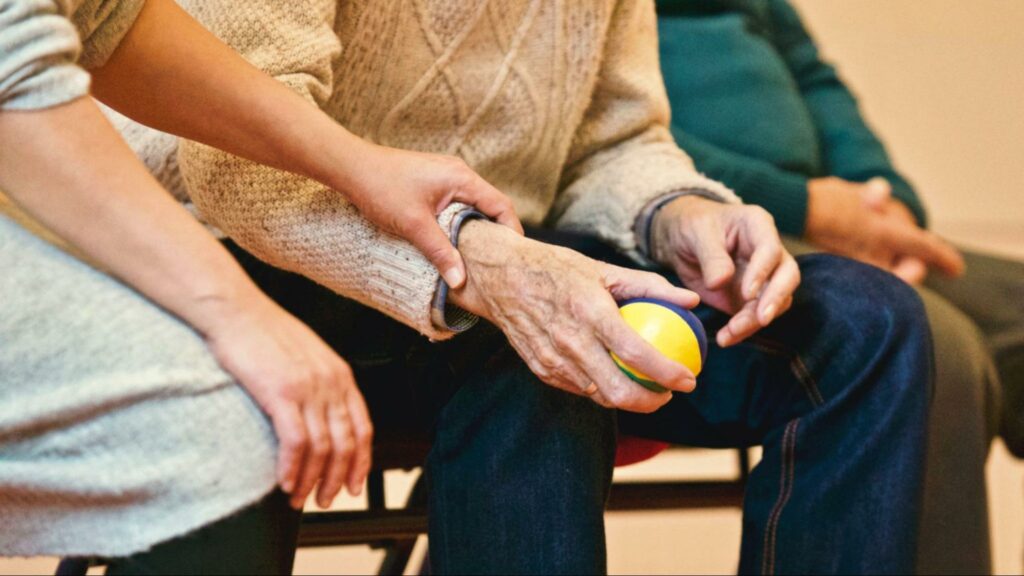
When her mother Miriam was diagnosed with early onset Alzheimer’s disease, 16-year-old
Paola was thrusted into the role of being her mother’s primary healthcare advocate and caretaker.
Paola’s situation is not uncommon: She is one of the 1.8 million Latino families providing intensive care for loved ones living with Alzheimer’s or dementia.
Latinos are 1.5 times more likely to develop Alzheimer’s and dementia than non-Latino white people, according to a report by the Alzheimer’s Association. Many factors put Latinos at greater risk, including access to mental health care and pre-existing health conditions, such as high blood pressure and heart disease.
Researchers at the University of Southern California and UsAgainstAlzheimer’s estimate that by the year 2060, Latinos will experience the largest increase in Alzheimer’s disease-related dementias. This is largely due to the fact that the percentage of Latinos in the U.S. over age 65 will triple by 2050.

A study by the American Association of Retired Persons found that certain signs and symptoms of Alzheimer’s and dementia impact Latinos at a higher rate.
Latinos with Alzheimer’s and dementia experienced anxiety and depression more than any other racial/ethnic group, according to the AARP study. And Latinos were also found to experience more challenges in their day to day lives.
“After taking into account variables like age, sex and education … Blacks and non-Hispanic whites had similar levels of physical impairment, while the Hispanic subjects had significantly worse function in measures like grasping objects, getting up and down, walking and dressing,” the report states.

For caregivers like Paola, stepping up to meet the needs of your loved one can often come at the expense of one’s own mental health and well-being. A study by the International Migration Review shows that Latina caregivers of family members with Alzheimer’s experience higher rates of anxiety, stress and depression symptoms.
Providing adequate care for Alzheimer’s patients is not cheap, with Latino households spending an average of $7,200 a year on caring for their aging family members. Many Latino caregivers struggle with dividing their time between caregiving and going to work, and some are forced to leave the workforce altogether.
Dr. Amelie Ramirez is the director of Salud América! and the Institute for Health Promotion Research at the University of Texas Health Science Center at San Antonio. She believes that ending the stigma of mental health in the Latino community can increase early detection of Latino with Alzheimer’s and dementia. She’s also stressed the importance of providing Latinos with access to clinical trials for Alzheimer’s.



